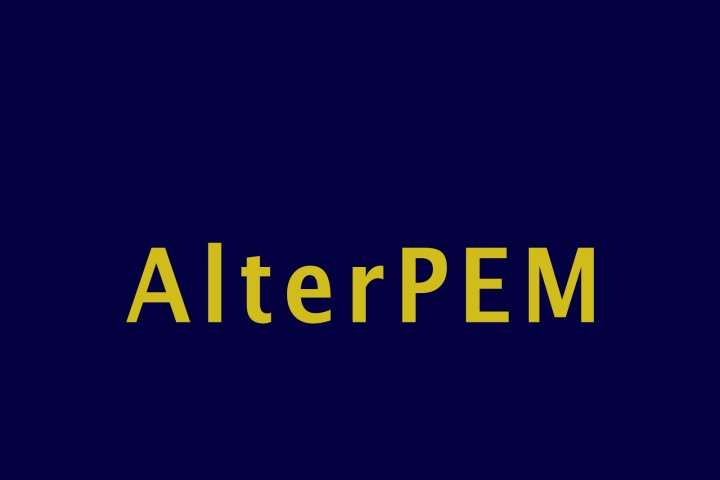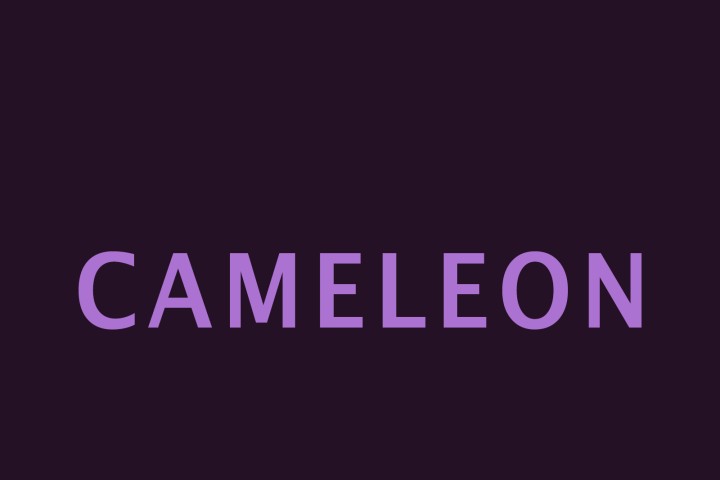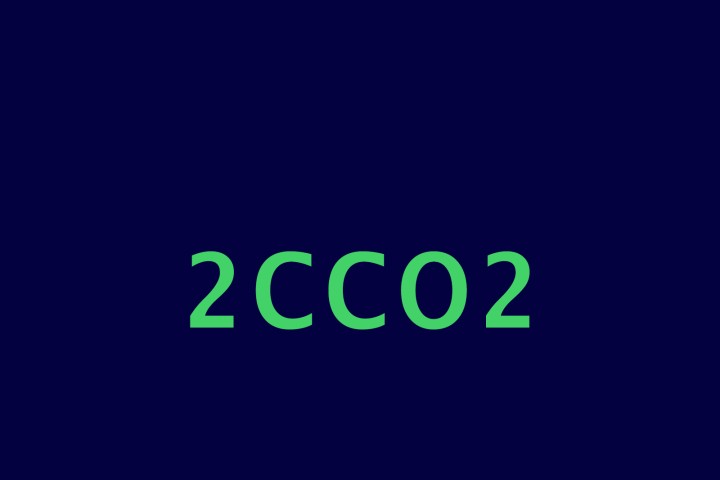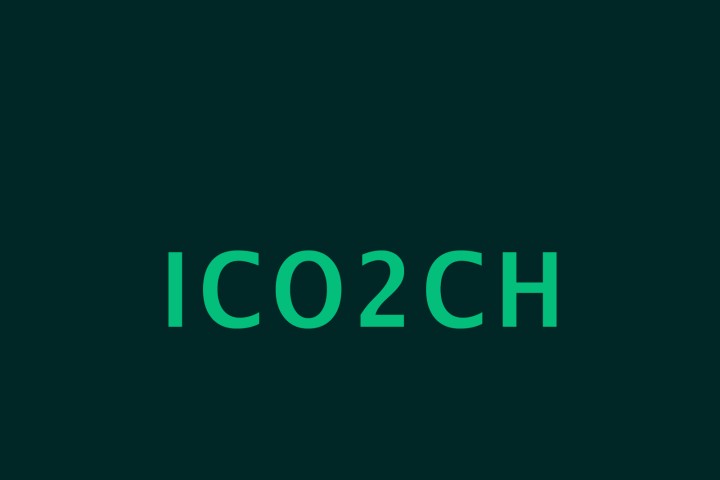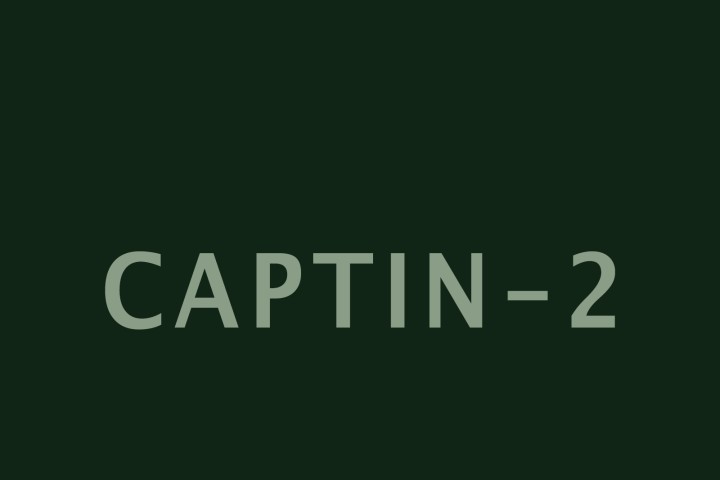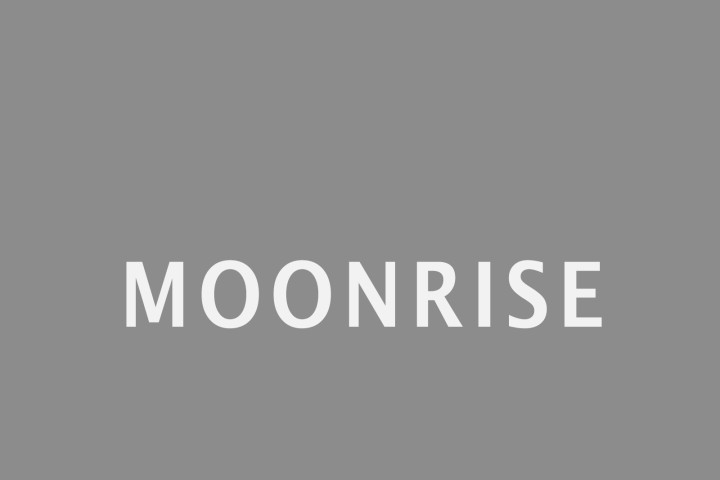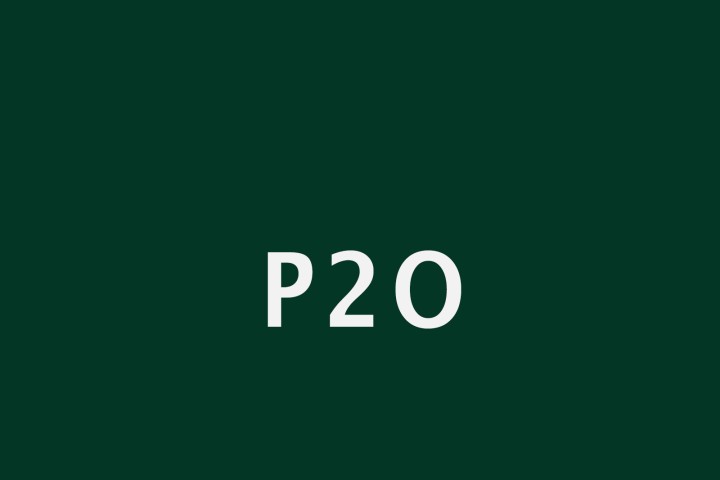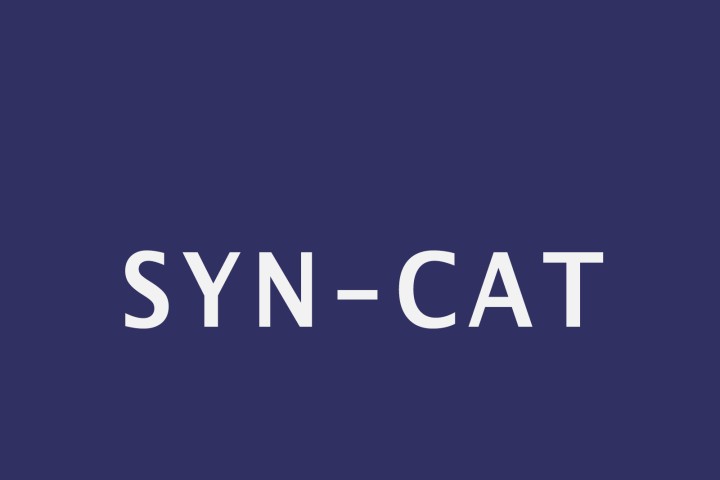Program Details MOT3
The Flemish industry is enormously energy-intensive. This means its industrial production processes require vast volumes of energy in the form of heat, electricity and fossil fuels like oil, gas or coal. In addition, some sectors also use fossil fuels as non-renewable raw materials. By using fossil fuels in their processes as a resource and an energy source, the Flemish industry releases relatively large amounts of CO2 into the atmosphere. The Moonshot initiative aims to reduce this type of CO2 emissions. The third Moonshot research trajectory, Electrification and Radical Process Transformation (MOT3), specifically supports research into future-proof carbon-smart processes.


